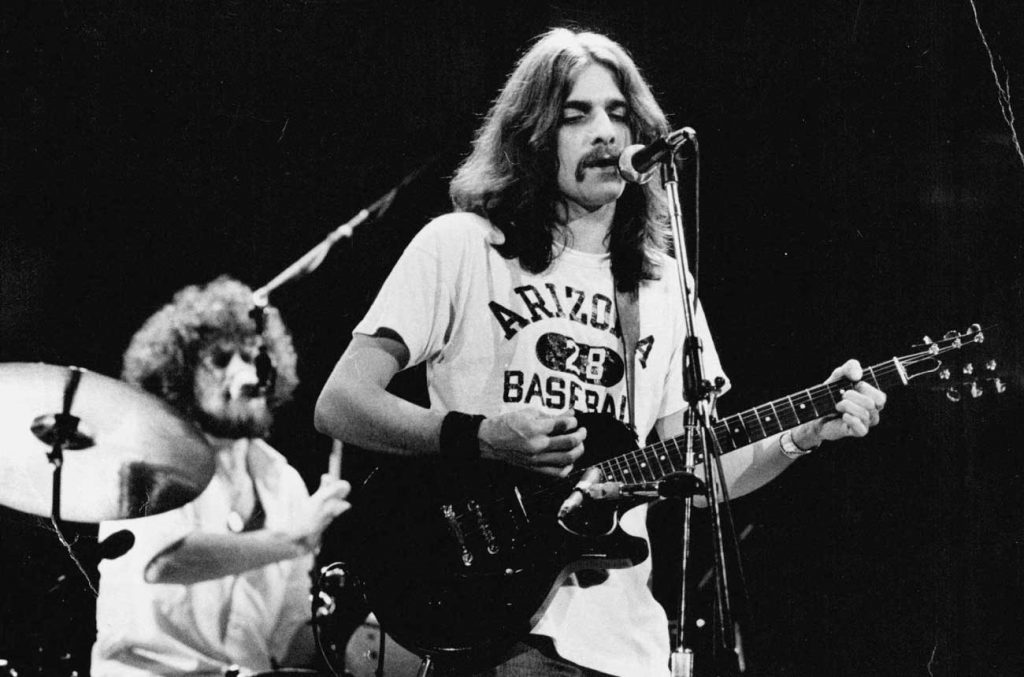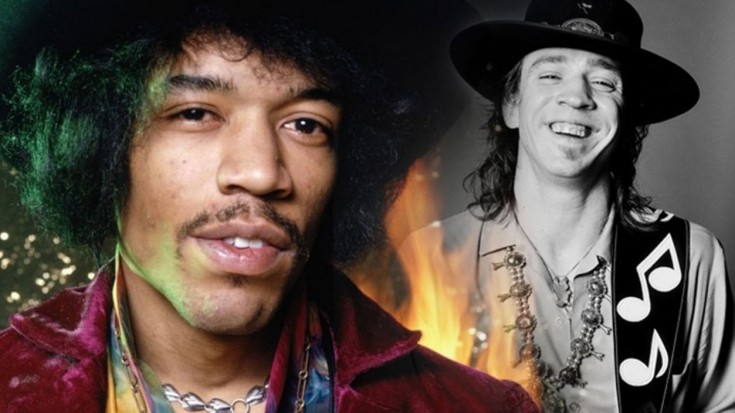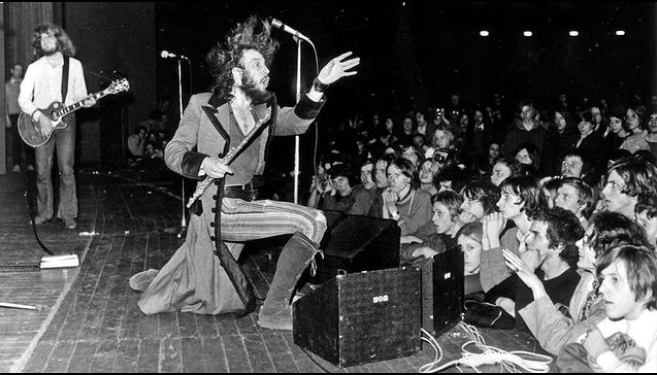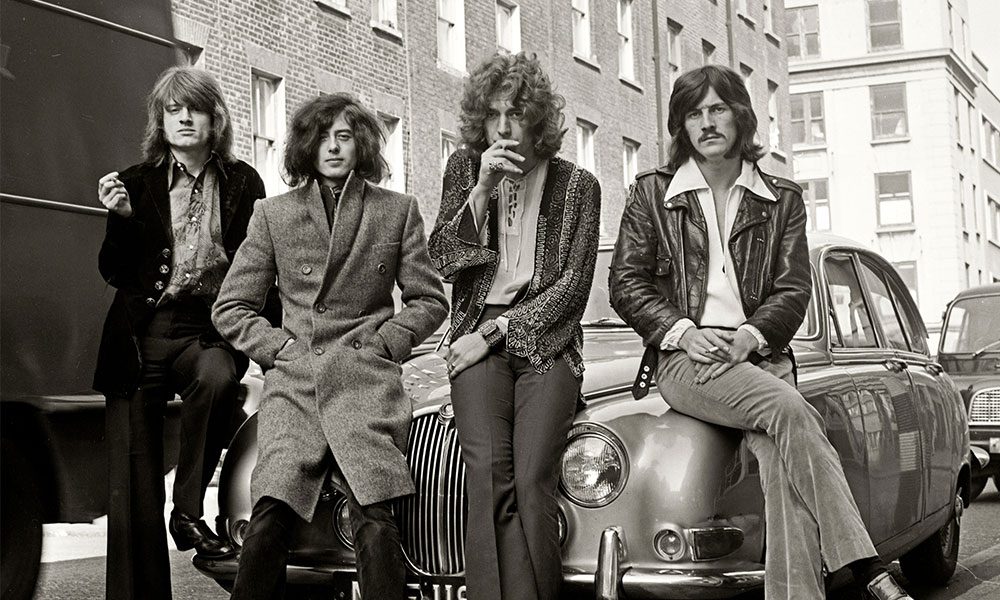It’s always intriguing to see what goes on in our favorite musicians’ recording studios, and occasionally the findings may be pretty shocking. Geezer Butler, the famed Black Sabbath bassist, spoke candidly about the creative challenges that led to the band’s final dissolution in a recent interview with Metal Edge. Butler said that the band’s failure to pay attention to Ozzy Osbourne, their original lead vocalist, contributed significantly to their dissolution.
Ozzy, a.k.a. the Prince of Darkness, was a founding member of Black Sabbath and a significant contributor to the creation of the group’s distinctive sound. Osbourne eventually left the band in 1979 due to artistic disagreements, as is the case with many bands. This result was significantly influenced by the conflict that existed among the band members as a result of Ozzy’s battle with addiction and the change in their musical focus.
According to Butler, the main cause of these creative challenges was the band members’ ambition to explore and advance musically. In retrospect, he now thinks it was a mistake for them to abandon their initial powerful sound and shift toward a more melodic style. Butler recently acknowledged that Ozzy may have been justified to desire to keep the original Sabbath sound.
Geezer Butler’s admission might be interpreted as a sign of remorse as he admits that the band’s basic identity was finally lost as a result of their creative development. They strayed from the core of what made Black Sabbath unique in their search for development and experimentation, which may have been one of the things that ultimately decided the band’s demise.
When questioned about Osbourne’s problems with creativity, Butler responded:
“Those were certainly a problem, too. The thing is, we were trying to progress too much musically. We completely lost the plot, I think. We stopped doing the things that made Sabbath what it was and began going from more melodic stuff, which was a mistake looking back.
Ozzy always wanted to still sound like the old version of Sabbath, while Tony and I wanted to expand musically. Looking back, Ozzy was probably right because our expansion caused us to lose what Sabbath was supposed to be about.”
In hindsight, it’s intriguing to consider what would have happened if Ozzy’s instincts had been right and Black Sabbath had stayed true to their beginnings. The band’s legacy may have evolved differently, and the development of heavy metal may have changed. Nevertheless, Black Sabbath’s influence on the music industry is undeniable, and their contributions to the genre will always be recognized.










